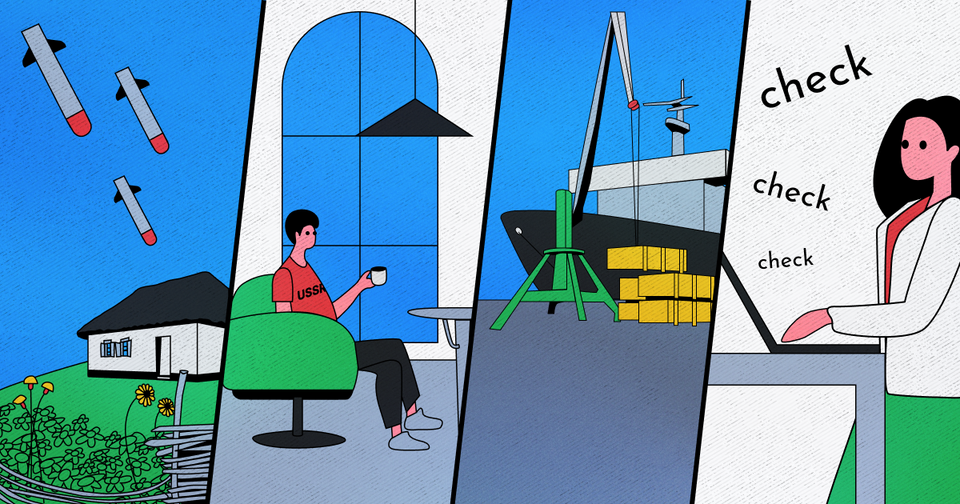Operating in Countries with Socially Unacceptable Policies

When you’re doing business in a country with policies that may be considered morally questionable, it can be challenging to operate without alienating your customers and other stakeholders. The social implications of operating in such countries can be complex. Even the smallest details, such as where you source your raw materials or which suppliers you work with, can impact your company's reputation.
It’s important to recognize the risks associated with working in certain countries. However, it’s also crucial to keep these challenges in perspective and avoid letting them cloud your judgement when deciding where (and with whom) to conduct business.
Before launching operations in an overseas market with socially unacceptable policies, here are some things to consider.
When political events or crises occur, some companies tend to short-termism. However, it can take years to pay for the wrong decision. If a company is "just doing business and generating revenue", it will have to accept possible severe reputational and financial consequences. If the purpose of companies is ethical business conduct, then the company must put peace above all.
On a practical level, this indicates that companies need to be even more aware of the risks of operating in countries with socially unacceptable policies, especially when those policies can lead directly to nearly the financing of terrorism.
Investors and businesses will have to reevaluate what strategies and models they should apply, considering that entering a country is now perceived as implicit acceptance of that country's political actions.
You may also cooperate directly or indirectly with such businesses and support their economy and, thus, their regime. And you may not even be aware of it. Therefore, it would be advisable for any company to check its counterparties for a "trace" along with companies' connections.
Want to know details? Get consultation
Ensure that your business has no connection with terrorist countries, crime regime countries or countries with socially unacceptable policies.
It's up to each company and each entrepreneur to decide which side they're on and whether they're willing to sacrifice contingent revenues (which are also in question because sanctions mean fines, seizure of property, and suspension of financial transactions) for the sake of humanity and business ethics.
YC World reveals the involvement of companies and individuals from different parts of the world up to the 4th level. It also indicates connections with sanctioned individuals, military terrorists, and propagandists.
System has built-in automatic Risk factors highlighting the potential risks of each counterparty: affiliation with PEP, sanctions and ties to high-risk countries.
